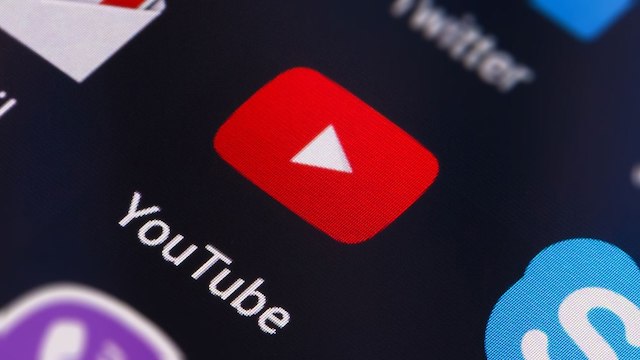YouTube is preparing to move its original programming out from behind its paywall. According to reports from The Hollywood Reporter and Variety on Monday, which the company confirmed, Google’s video site will change its strategy around originals starting next year. Instead of requiring a monthly subscription, YouTube Originals will become free and ad-supported, like most of the content available on YouTube today.
The company is referring to this new strategy of making its original content free as “Single Slate” as it’s unifying its Premium Originals and ad-supported initiatives into a single programming effort that, by 2020, will provide free “windows” for all YouTube users across its slate.
In other words, the changes won’t impact all YouTube Originals right away.
Variety notes that some originals will still be behind a paywall in 2019, including season 2 of “Cobra Kai,” based on the “Karate Kid” movies. However, by 2020, all YouTube Originals will be available for free to YouTube’s nearly 2 billion monthly users.
This change signals that YouTube’s efforts in original video haven’t fared as well as hoped, in light of the hefty competition in original programming from the major streamers, like Netflix, Amazon and Hulu. YouTube’s budget, rumored to be in the hundreds of millions per year, was far smaller than those of its on-demand video rivals, which are spending billions on programming. That made it harder for the site to compete on quality, scripted fare.
YouTube began streaming original series and movies back in 2016 for subscribers to its then-called YouTube Red service. (The service has been rebranded since as YouTube Premium, and costs $11.99 per month). But it had its challenges almost immediately. One of its most high-profile shows from PewDiePie had to be cancelled after the popular vlogger posted anti-Semitic content to his channel, for example.
The lineup later expanded beyond YouTube fare with shows, films and other specials featuring Ellen DeGeneres, Kevin Hart, Katy Perry, Demi Lovato and more. It also released bigger budget shows like “Origin,” from the production company behind Netflix’s “The Crown ” and “Step Up: High Water,” based on the “Step Up” film franchise, and is preparing to release “Wayne,” a 10-episode comedy from the writers of “Deadpool,” Variety notes.
With the move to make the content ad-supported and free, some sources told THR that YouTube’s budget for scripted content would be greatly reduced. However, YouTube only confirmed a pause in buying for the time being, not a scripted pullback, when asked.
“As we look to 2019, we will continue to invest in scripted programming and shift to make our YouTube Originals ad-supported to meet the growing demand of a more global fanbase,” a YouTube spokesperson told Variety. “This next phase of our originals strategy will expand the audience of our YouTube Original creators, and provide advertisers with incredible content that reaches the YouTube generation,” they said.
The company also told TechCrunch it plans to continue investments in scripted programming.
“By any measure, 2018 was a breakout year for YouTube Premium and YouTube Originals. We expanded YouTube Premium to 29 countries, launched over 50 scripted and unscripted shows, and collected eight Emmy nominations and over 30 industry awards,” the spokesperson told us.
“We will continue to invest in scripted programming and shift to make our YouTube Originals ad supported to meet the growing demand of a more global fanbase. This next phase of our Originals strategy will expand the audience of our YouTube Original creators, and provide advertisers with incredible content that reaches the YouTube Generation,” they added.
Although YouTube Originals will be available for free by 2020, YouTube believes there will still be value in the YouTube Premium subscription. Those who sign up will be able to remove the ads from videos, including the Originals, as well as enjoy free music and offline access to content.
Updated 11/28/2018, 1:15 PM ET with additional statement.
